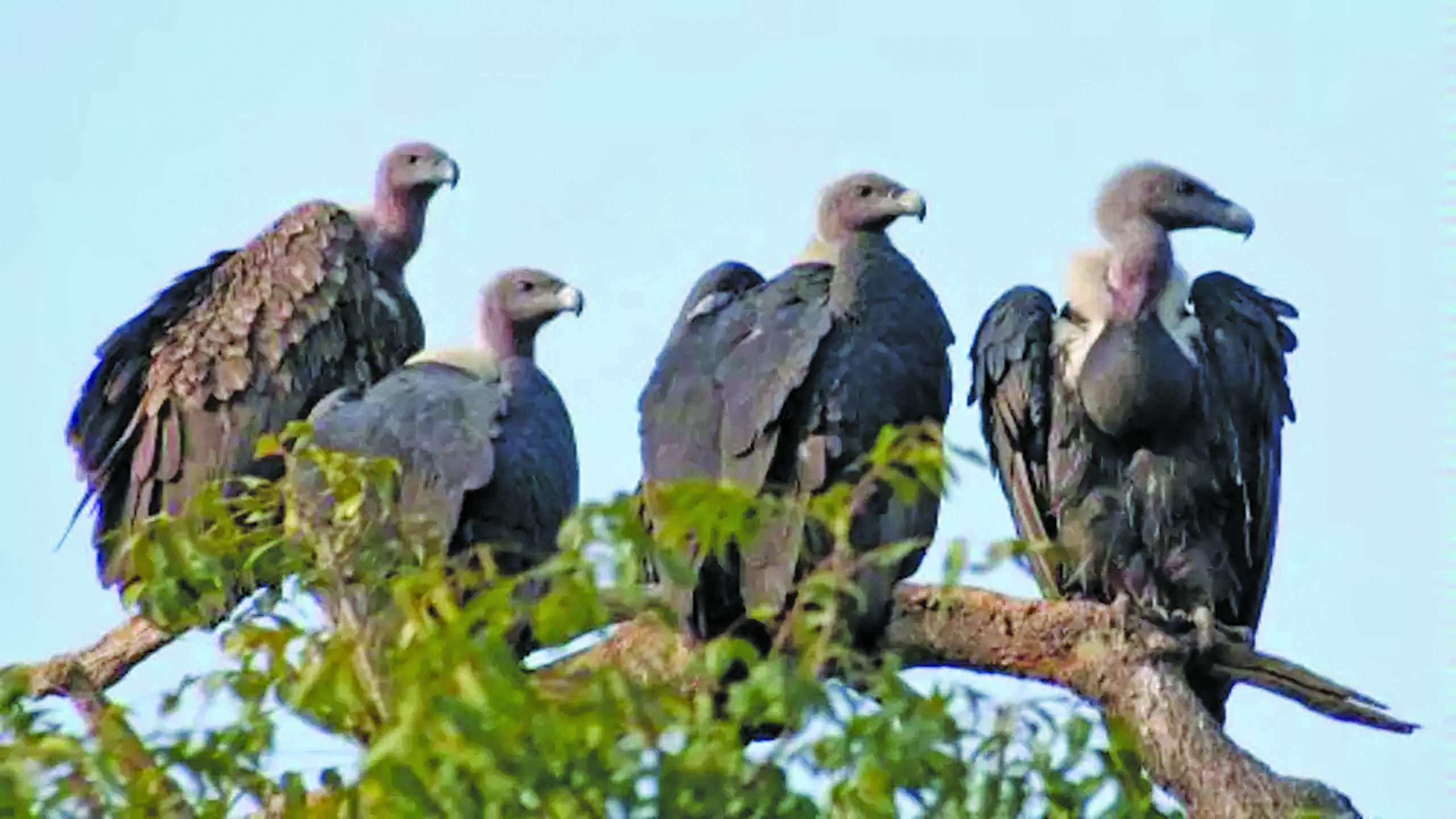The Bombay Natural History Society (BNHS) has shared plans to re-introduce vultures in Mumbai’s Doongerwadi (Tower of Silence) to counteract the dwindling numbers. BNHS will work with the community to achieve this objective.
After having recently released ten long-billed vultures in Pench National Park and Tadoba Tiger Reserve for the same reasons, BNHS will extend its efforts towards repopulating the vulture population in Doongerwadi. BNHS met with some community stakeholders regarding this endeavour with the hope of collectively setting up an aviary at Doongerwadi itself, where vultures could thrive. The BPP has also responded positively and looks to establishing dialogue with BNHS towards this end.
Drawing crucial knowledge regarding rewilding vultures from the Pench and Tadoba experiences, BNHS President – Praveen Pardeshi, expressed hope that once the vultures were introduced in the aviary, they could adapt to their ecological role. The birds would be well looked after in terms of being provided alternate food sources, when needed.
About forty to fifty years ago, one could easily spot vultures in the Malabar Hill area, but there have been virtually no sightings, over the last decade. One of the main reasons for the decline in vulture population at Doongerwadi is the ingestion of Dicloflenac – an anti-inflammatory medicine consumed by aging community members, which is then absorbed by the vultures, proving lethal. The vultures introduced from a different region would need special care for their survival – like the maintenance of thick foliage, though it would be difficult to control the consumption of Dicloflenac from corpses.
- કેવો સુંદર જવાબ! - 29 March2025
- પારસી સન્નારીઓ તેમના જાદુઈ સ્પર્શ સાથે બની સુરત મેરિયોટ અથવા લાઇન્સના રસોડાની રાણીઓ - 29 March2025
- મોબેદ મેહરાબાન ફિરોઝગરીનું અવસાન - 29 March2025
